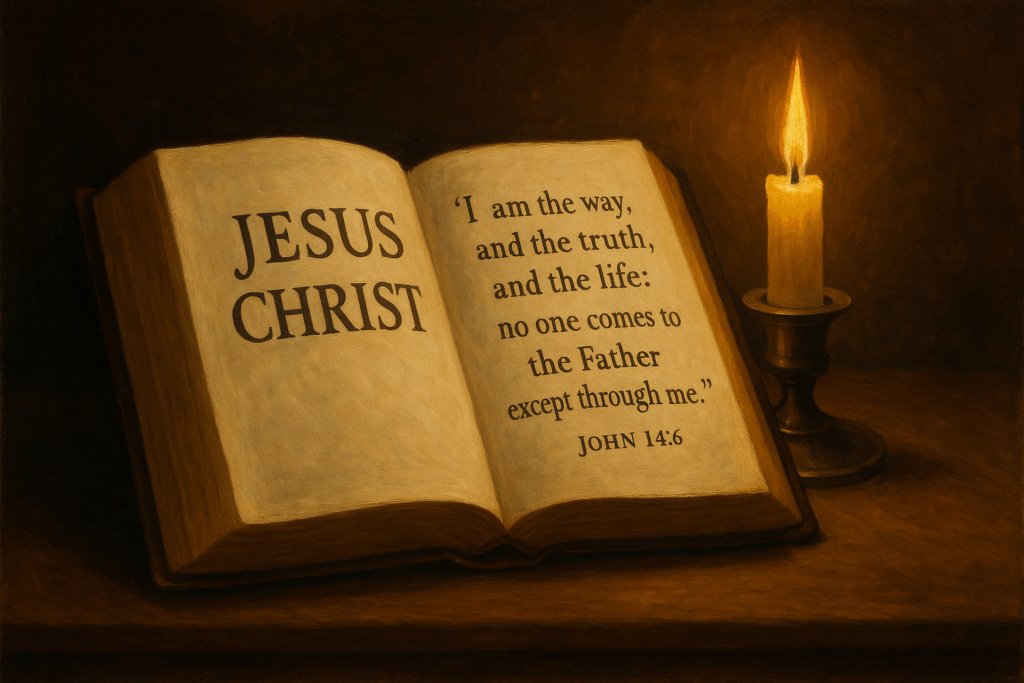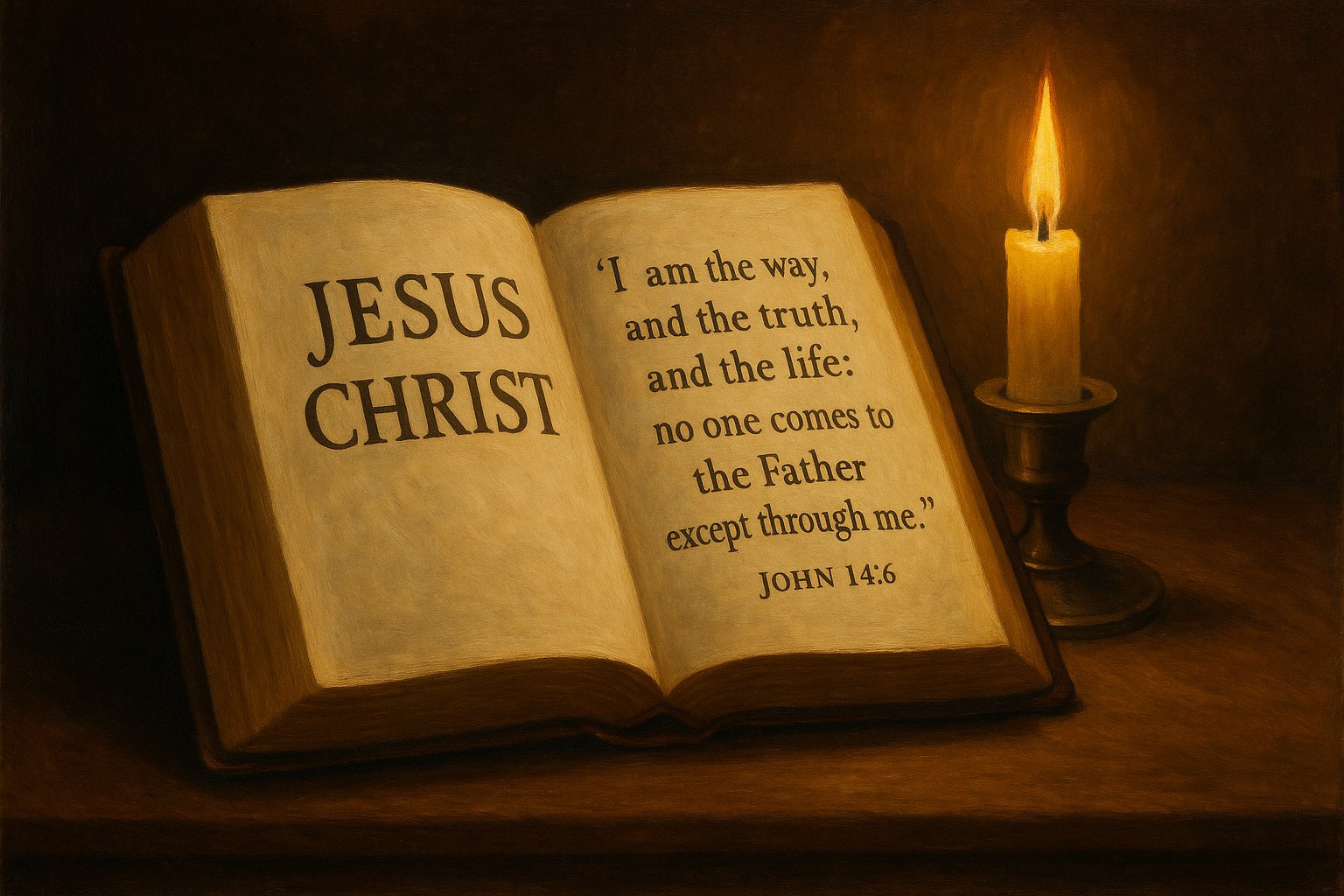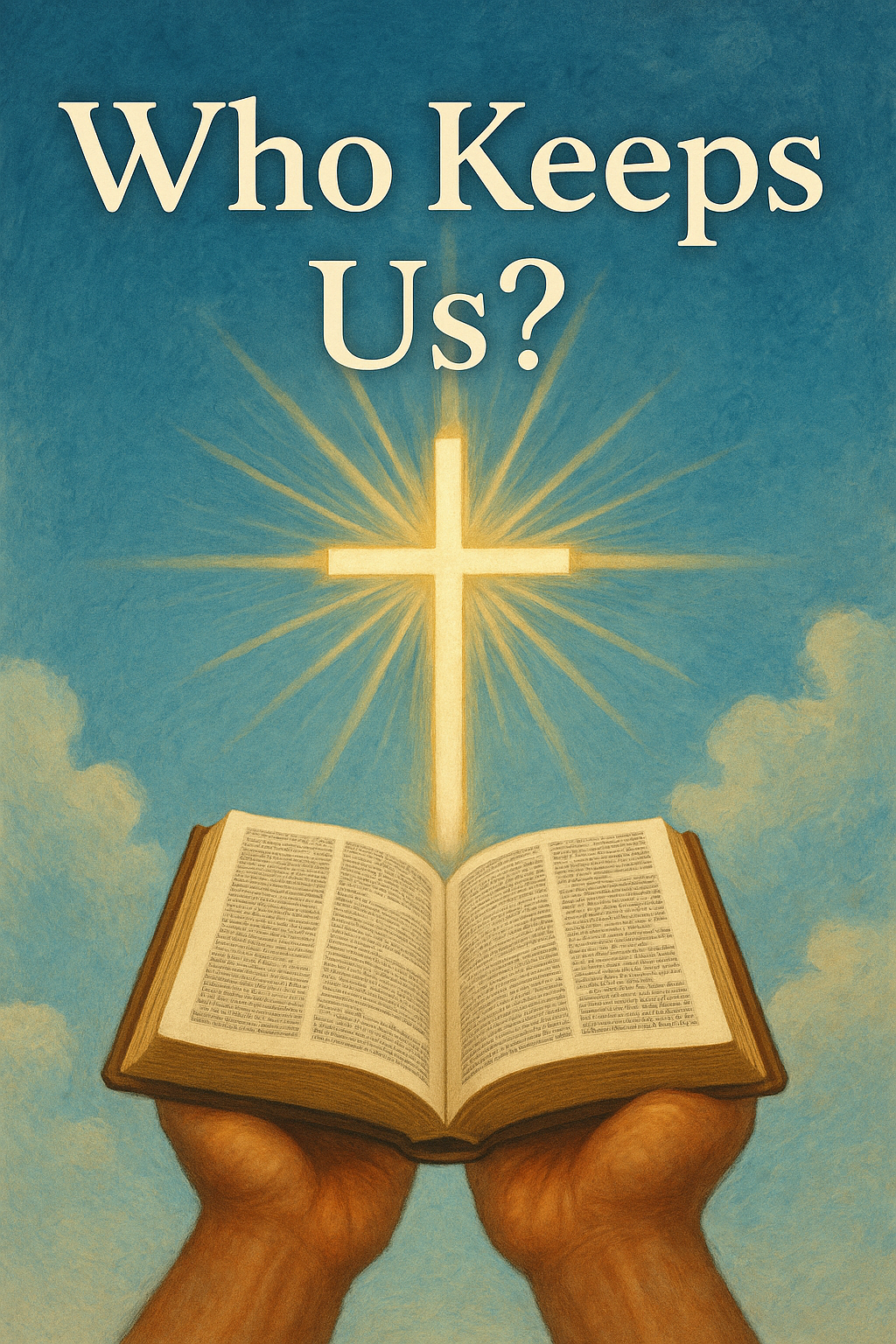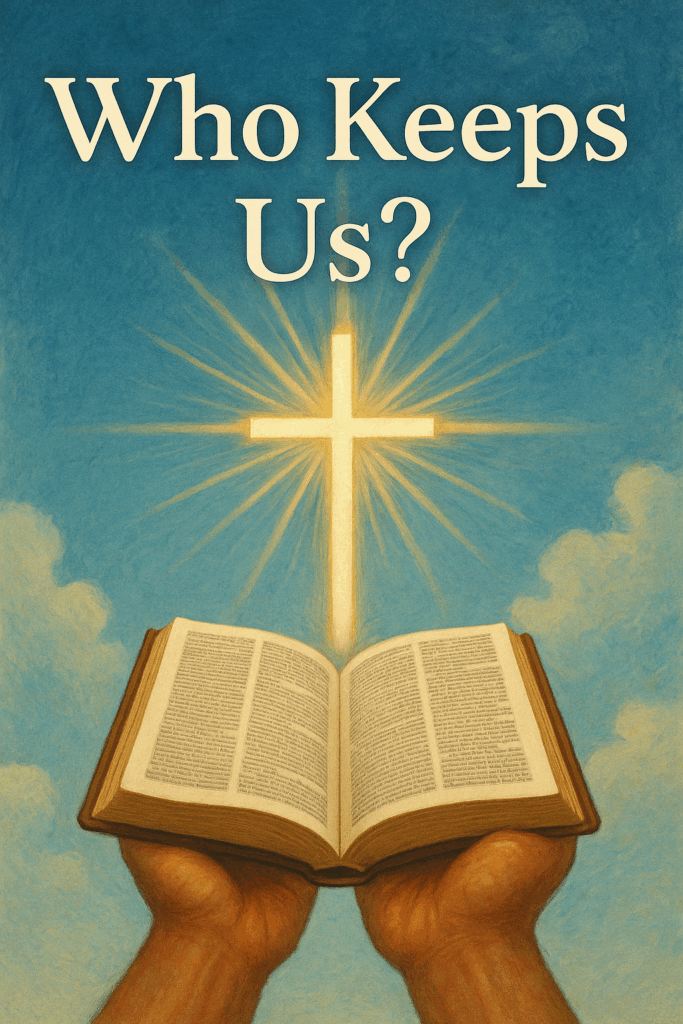It is often claimed that God loves all people and, therefore, the crucifixion of our Redeemer applies universally to all mankind.
But this interpretation is complete nonsense.
If that were true, then there would be no Final Judgment at the end of days.
Jesus died only for His people, and His people are the smallest on earth:
“The LORD did not set his love upon you nor choose you, because you were more in number than any people; for ye were the fewest of all people.”
(Deuteronomy 7:7, Luther 1545)
So when we read today that there are over 2 billion Christians, it should give us serious pause.
That would mean roughly one in four people on earth is a true follower of Christ.
This clearly contradicts the Holy Scriptures.
Our Redeemer Himself also said:
“And then will I profess unto them, I never knew you: depart from me, ye that work iniquity.”
(Matthew 7:23, Luther 1545)
If our Redeemer did not die for all people, then how are we to understand His crucifixion and resurrection?

God’s people consist primarily of one single family:
The descendants of Jacob, who was later renamed Israel.
And just like with any earthly family, anyone can become a member—either through marriage or adoption.
To become part of God’s people, one must accept God’s Son, Jesus Christ, as King and Redeemer.
This was already demonstrated during the Exodus from Egypt.
Back then, not only Israelites left Egypt—some Egyptians joined them as well.
This is specifically noted in Scripture, and after that, there is no longer any distinction made between the Israelites and the Egyptians:
“And the children of Israel journeyed from Rameses to Succoth, about six hundred thousand on foot that were men, beside children.
And a mixed multitude went up also with them; and flocks, and herds, even very much cattle.”
(Exodus 12:37–38, Luther 1545)
Even the Ten Commandments emphasize that the laws also apply to the strangers living among the people.
Likewise, the story of Ruth shows us that whoever accepts God, His Son, and His statutes becomes part of His people.
Only after we confess Christ as our Redeemer and accept His commandments, does the sacrificial death of Jesus Christ become effective for us.




